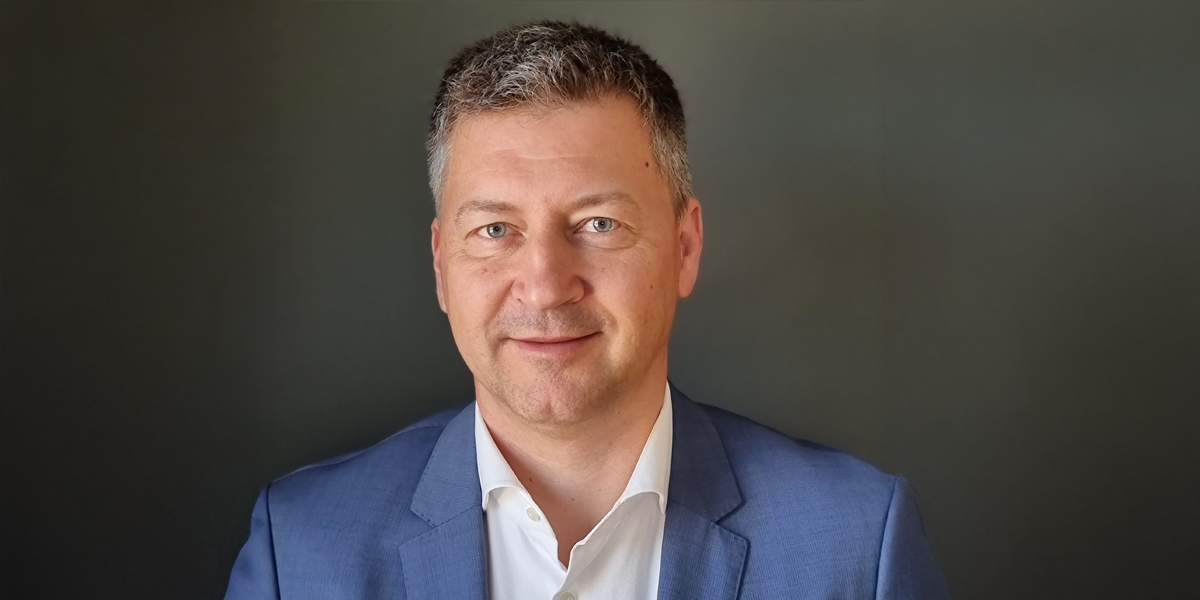
12 Jun Interview with Mr. Zoltán Sipos, Head of Sales, Ikarus Hungary
Ikarus is one of Hungary’s most iconic brands. Can you briefly share its history and how it has evolved into today’s company?
Ikarus has a history dating back to 1895. In the 1950s, we began producing buses and quickly became one of the world’s largest manufacturers, especially during the socialist era, exporting to over 90 countries. At our peak in the late ’80s and early ’90s, we produced up to 12,000 buses annually.
The company operated two major sites in Hungary — Székesfehérvár and Budapest — and built around 6,000 buses annually during its golden years. However, following the fall of communism and the Russian financial crisis, Ikarus went bankrupt, leaving many completed buses in storage.
In 2016, under the leadership of Mr. Gábor Széles, the brand was revived with a clear focus on sustainability. Recognizing the global shift toward greener transport, we began developing fully electric buses, aligning with Hungary’s growing role in battery manufacturing and e-mobility. Today, Ikarus is committed to producing European Union-compliant electric buses that support the transition to cleaner public transportation across Europe and beyond.
Replacing one diesel bus with a fully electric Ikarus bus can reduce CO₂ emissions by up to 150 tons annually. This shift not only supports global climate goals but also shows our commitment beyond profit — we see Ikarus as part of the solution to environmental challenges. To meet these goals, we are transforming internally as well. This includes hiring skilled engineers, adapting to new technologies and upgrading our manufacturing processes. Producing safe, high-quality electric buses requires a new mindset across the industry and we are fully embracing this change.
How is your business divided between domestic and international markets?
Ikarus has a proud history and 2016 marked the start of our revival. We had to rebuild from the ground up, focusing first on the domestic market. A strong local presence is essential before expanding internationally. Electric buses are costly, so adoption often depends on available funding. In Hungary, limited access to European Union (EU) funds has made exports more strategic for us. Our fully electric buses now operate in several Hungarian cities and are gaining traction abroad, including in Germany, Poland and Romania, where we have established service partnerships.
We have recently expanded into the Western Balkans and have partners in Estonia and Finland. Step by step, we are building Ikarus into a strong European player in e-mobility. When Mr. Széles set out to revive Ikarus and produce fully electric buses, he sought strategic partnerships especially since key electric bus technologies originated in China. In 2016, we signed a cooperation agreement with CRRC, allowing us to import essential components such as batteries, battery management systems, high-voltage cables and air conditioning units.
Thanks to this partnership, we accelerated product development while maintaining high safety and reliability standards. All Ikarus buses are still developed and assembled in Székesfehérvár, Hungary. Our collaboration with CRRC continues as we work on future models, with Europe as our primary market focus.
How do you view potential collaboration with the US or North American companies?
I would love to see Ikarus buses in the US, but entering such a market requires careful planning. Success depends on having a local distributor, a strong service network and full compliance with local regulations — requirements that vary by country and even by region. For now, our focus is on strengthening our presence in Hungary and Central Europe. Once we are fully prepared — technically, logistically and strategically — we will consider expanding to more complex markets like the US.
We have already developed electric buses that meet EU standards, but entering new markets means adapting to local regulations, customs procedures and supply chain challenges. These factors all play a key role in shaping our global expansion strategy.
Many major global manufacturers operate in Hungary, which has very low unemployment. What makes Hungary attractive for manufacturing companies?
Hungary actively supports foreign investors through favorable tax policies and incentives for setting up new facilities. Once established, companies benefit from a skilled workforce, including both engineers and technicians, thanks to our strong education system. Ikarus, as part of the Hungarian automotive ecosystem, works closely with local partners and suppliers. As we grow, we create more jobs and strengthen this network. Hungary is becoming a hub for automotive and battery technology and, with this foundation, we believe Ikarus and the country offer strong potential for future investment in Europe.
What is your vision for Ikarus over the next 3–5 years?
The future of transport will be a mix of solutions. While the EU has set ambitious climate goals for 2030, some may be unrealistic given current conditions. As bus manufacturers, we have seen that while demand for electric buses is growing, infrastructure is not yet ready to support widespread adoption. We can build greener vehicles, but without parallel investment in charging and support systems, they cannot operate effectively.
Policymakers must align infrastructure development with these environmental targets. One technology alone cannot replace diesel buses. While electric and hydrogen options are promising, energy supply remains a major challenge. The transition requires three things: continued innovation by manufacturers, investment in infrastructure and reliable access to clean energy tailored to each market.
As energy demand rises across industries, competition for power intensifies. That is a real barrier to rapid change. The bus industry will evolve, but not as quickly as some political goals suggest. At Ikarus, we fully support this transition, we are just advocating for a realistic, step-by-step approach.
What is your final message to our readers?
I am very proud of Ikarus, an iconic brand that continues to thrive. I warmly invite everyone to visit Hungary. We are open, welcoming and ready for collaboration. Public transportation plays a vital role in the climate transition and at Ikarus, we remain fully committed to supporting sustainable mobility now and in the future.

Sorry, the comment form is closed at this time.